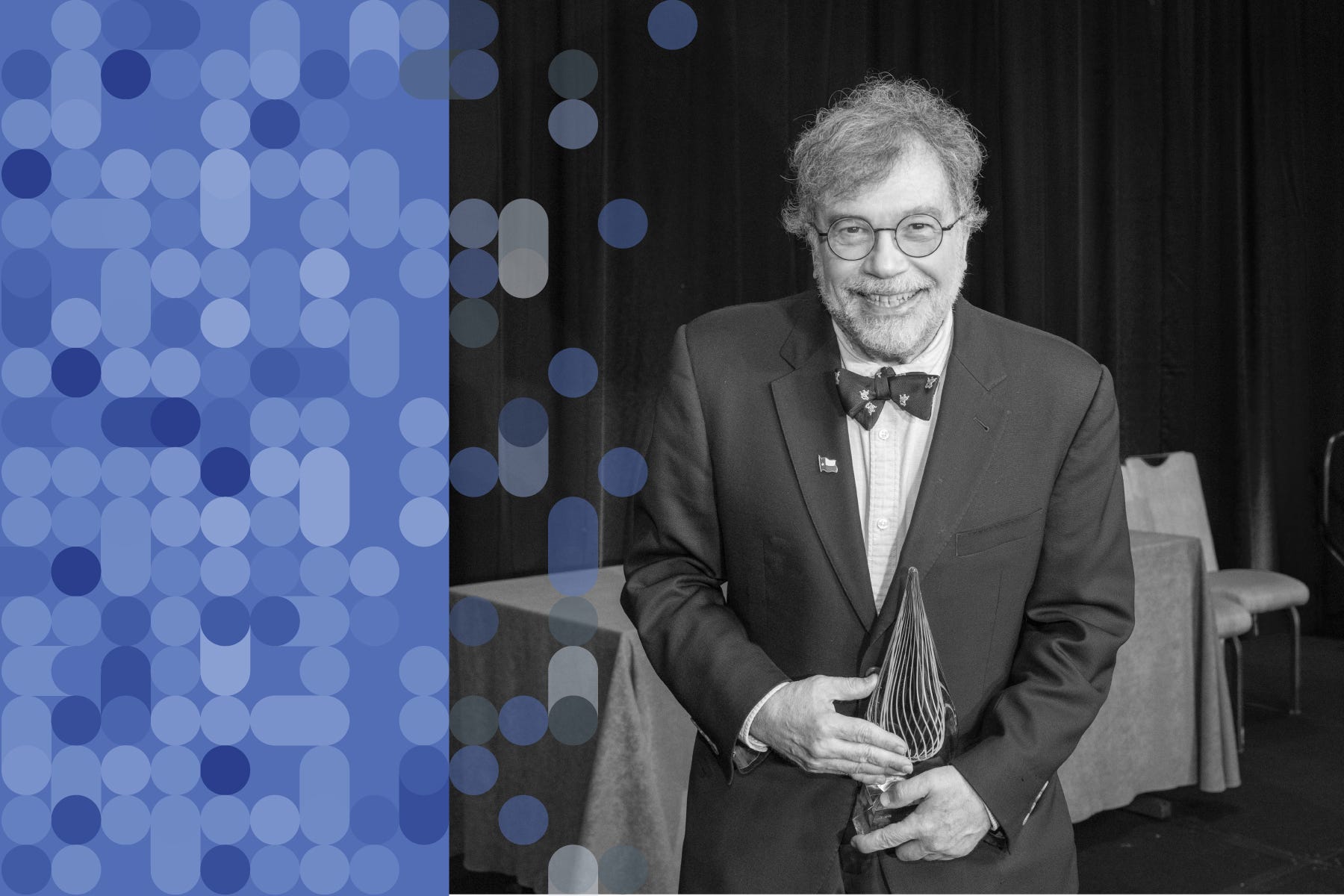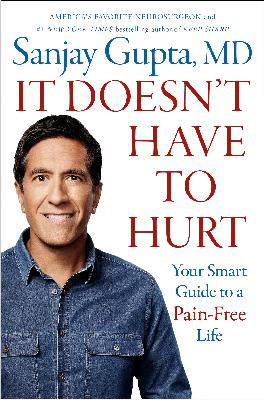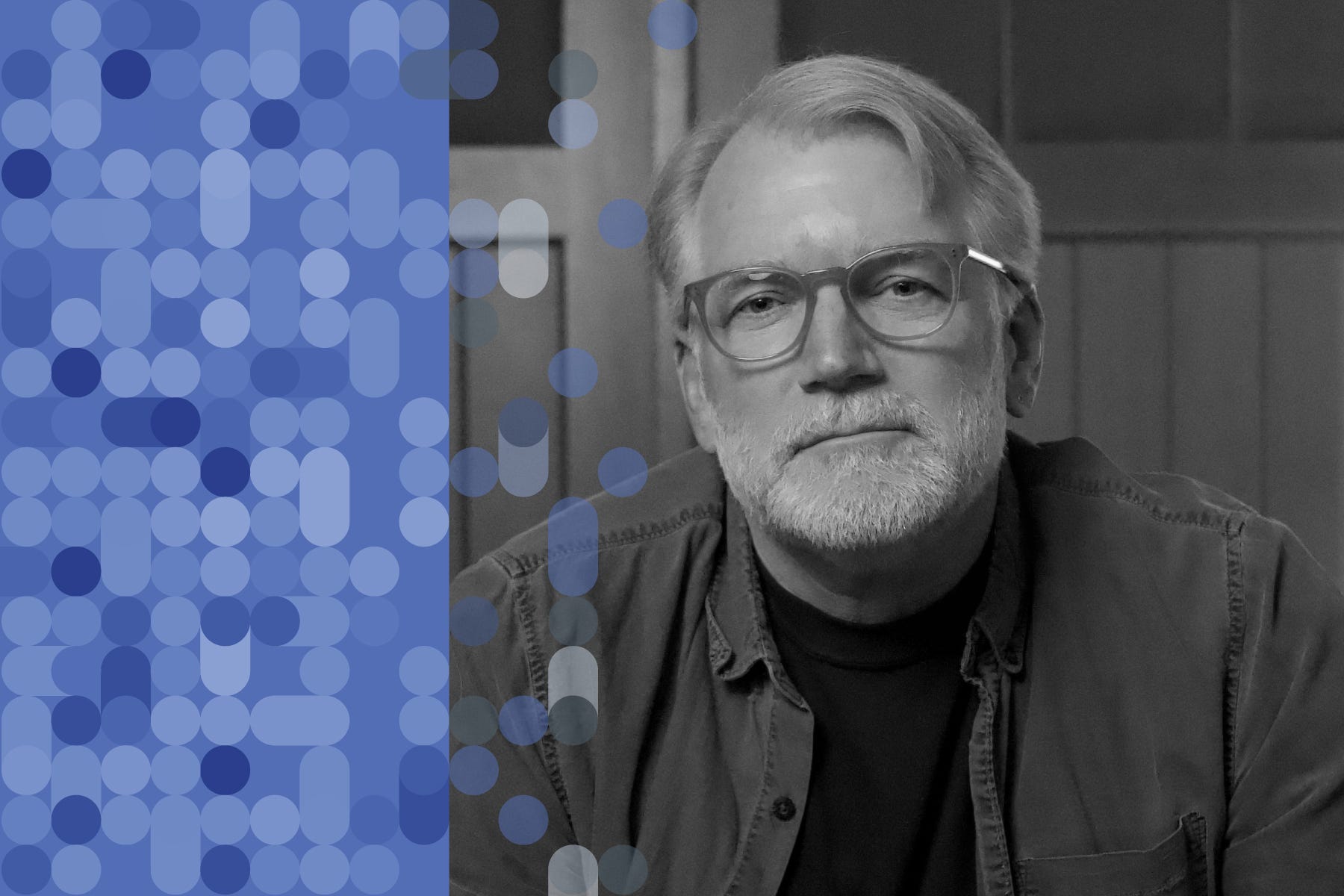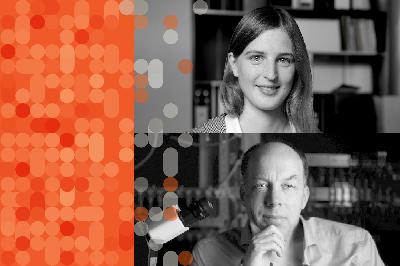Carl Zimmer: Air-Borne and the Big Miss With Covid
Description
Before getting into this new podcast, have you checked out the recent newsletter editions and podcasts of Ground Truths?
—the first diagnostic immunome
—a Covid nasal vaccine update
—medical storytelling and uncertainty
—why did doctors with A.I. get outperformed by A.I. alone?
The audio is available on iTunes and Spotify.
The full video is embedded here, at the top, and also can be found on YouTube.
Transcript with links to Audio and External Links
Eric Topol (00:07 ):
Well, hello. It's Eric Topol with Ground Truths, and I am just thrilled today to welcome Carl Zimmer, who is one of the great science journalists of our times. He's written 14 books. He writes for the New York Times and many other venues of great science, journalism, and he has a new book, which I absolutely love called Air-Borne. And you can see I have all these rabbit pages tagged and there's lots to talk about here because this book is the book of air. I mean, we're talking about everything that you ever wanted to know about air and where we need to go, how we missed the boat, and Covid and everything else. So welcome, Carl.
Carl Zimmer (00:51 ):
Thanks so much. Great to be here.
A Book Inspired by the Pandemic
Eric Topol (00:54 ):
Well, the book starts off with the Skagit Valley Chorale that you and your wife Grace attended a few years later, I guess, in Washington, which is really interesting. And I guess my first question is, it had the look that this whole book was inspired by the pandemic, is that right?
Carl Zimmer (01:18 ):
Certainly, the seed was planted in the pandemic. I was working as a journalist at the New York Times with a bunch of other reporters at the Times. There were lots of other science writers also just trying to make sense of this totally new disease. And we were talking with scientists who were also trying to make sense of the disease. And so, there was a lot of uncertainty, ambiguity, and things started to come into focus. And I was really puzzled by how hard it was for consensus to emerge about how Covid spread. And I did some reporting along with other people on this conflict about was this something that was spreading on surfaces or was it the word people were using was airborne? And the World Health Organization said, no, it's not airborne, it's not airborne until they said it was airborne. And that just seemed like not quantum physics, you know what I'm saying? In the sense that it seemed like that would be the kind of thing that would get sorted out pretty quickly. And I think that actually more spoke to my own unfamiliarity with the depth of this field. And so, I would talk to experts like say, Donald Milton at the University of Maryland. I'd be like, so help me understand this. How did this happen? And he would say, well, you need to get to know some people like William Wells. And I said, who?
Eric Topol (02:50 ):
Yeah, yeah, that's what I thought.
Carl Zimmer (02:53 ):
Yeah, there were just a whole bunch of people from a century ago or more that have been forgotten. They've been lost in history, and yet they were real visionaries, but they were also incredibly embattled. And the question of how we messed up understanding why Covid was airborne turned out to have an answer that took me back thousands of years and really plunged me into this whole science that's known as aerobiology.
Eric Topol (03:26 ):
Yeah, no, it's striking. And we're going to get, of course, into the Covid story and how it got completely botched as to how it was being transmitted. But of course, as you go through history, you see a lot of the same themes of confusion and naysayers and just extraordinary denialism. But as you said, this goes back thousands of years and perhaps the miasma, the moral stain in the air that was start, this is of course long before there was thing called germ theory. Is that really where the air thing got going?
A Long History of Looking Into Bad Air
Carl Zimmer (04:12 ):
Well, certainly some of the earliest evidence we have that people were looking at the air and thinking about the air and thinking there's something about the air that matters to us. Aristotle thought, well, there's clearly something important about the air. Life just seems to be revolve around breathing and he didn't know why. And Hippocrates felt that there could be this stain on the air, this corruption of the air, and this could explain why a lot of people in a particular area, young and old, might suddenly all get sick at the same time. And so, he put forward this miasma theory, and there were also people who were looking at farm fields and asking, well, why are all my crops dead suddenly? What happened? And there were explanations that God sends something down to punish us because we've been bad, or even that the air itself had a kind of miasma that affected plants as well as animals. So these ideas were certainly there, well over 2,000 years ago.
Eric Topol (05:22 ):
Now, as we go fast forward, we're going to get to, of course into the critical work of William and Mildred Wells, who I'd never heard of before until I read your book, I have to say, talk about seven, eight decades filed into oblivion. But before we get to them, because their work was seminal, you really get into the contributions of Louis Pasteur. Maybe you could give us a skinny on what his contributions were because I was unaware of his work and the glaciers, Mer de Glace and figuring out what was going on in the air. So what did he really do to help this field?
Carl Zimmer (06:05 ):
Yeah, and this is another example of how we can kind of twist and deform history. Louis Pasteur is a household name. People know who Louis Pasteur is. People know about pasteurization of milk. Pasteur is associated with vaccines. Pasteur did other things as well. And he was also perhaps the first aerobiologist because he got interested in the fact that say, in a factory where beet juice was being fermented to make alcohol, sometimes it would spoil. And he was able to determine that there were some, what we know now are bacteria that were getting into the beet juice. And so, it was interrupting the usual fermentation from the yeast. That in itself was a huge discovery. But he was saying, well, wait, so why are there these, what we call bacteria in the spoiled juice? And he thought, well, maybe they just float in the air.
Carl Zimmer (07:08 ):
And this was really a controversial idea in say, 1860, because even then, there were many people who were persuaded that when you found microorganisms in something, they were the result of spontaneous generation. In other words, the beet juice spontaneously produced this life. This was standard view of how life worked and Pasteur was like, I'm not sure I buy this. And this basically led to him into an incredible series of studies around Paris. He would have a flask, and he'd have a long neck on it, and the flask was full of sterile broth, and he would just take it places and he would just
























